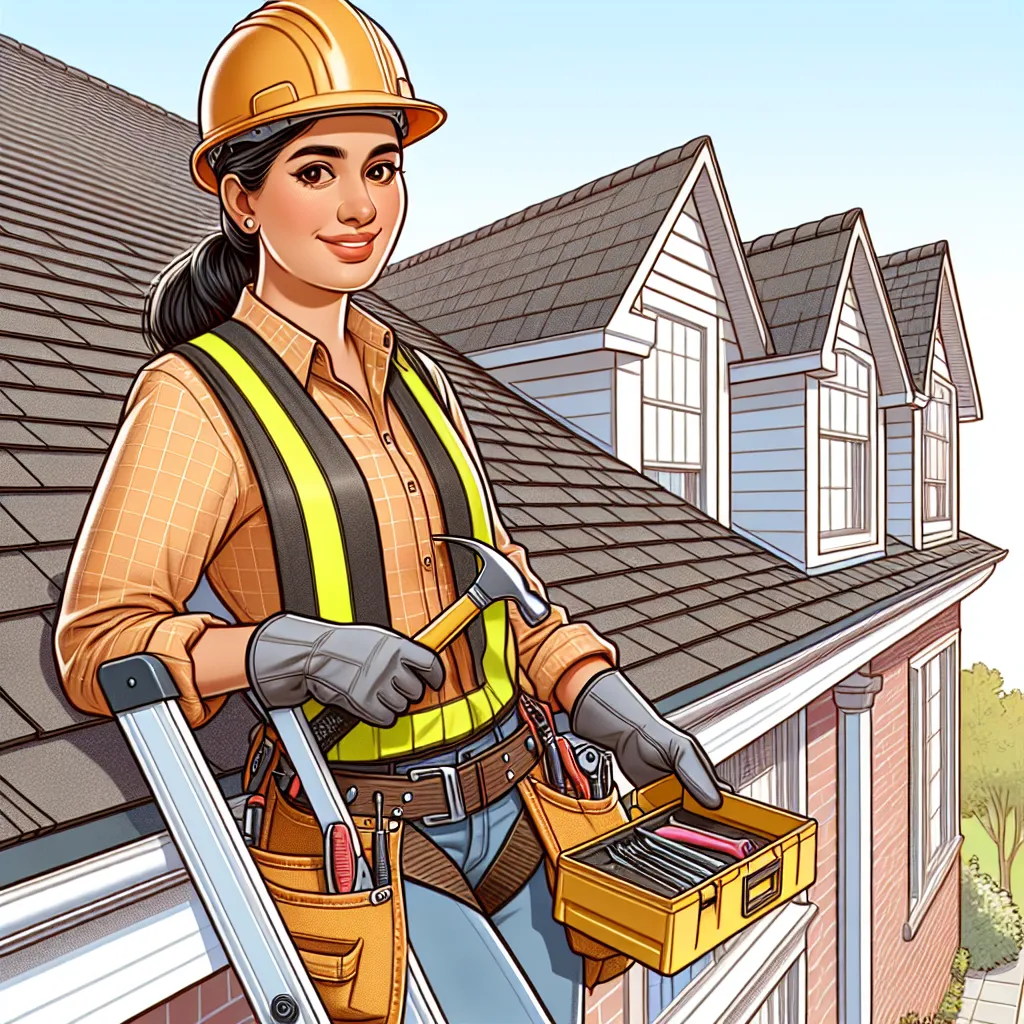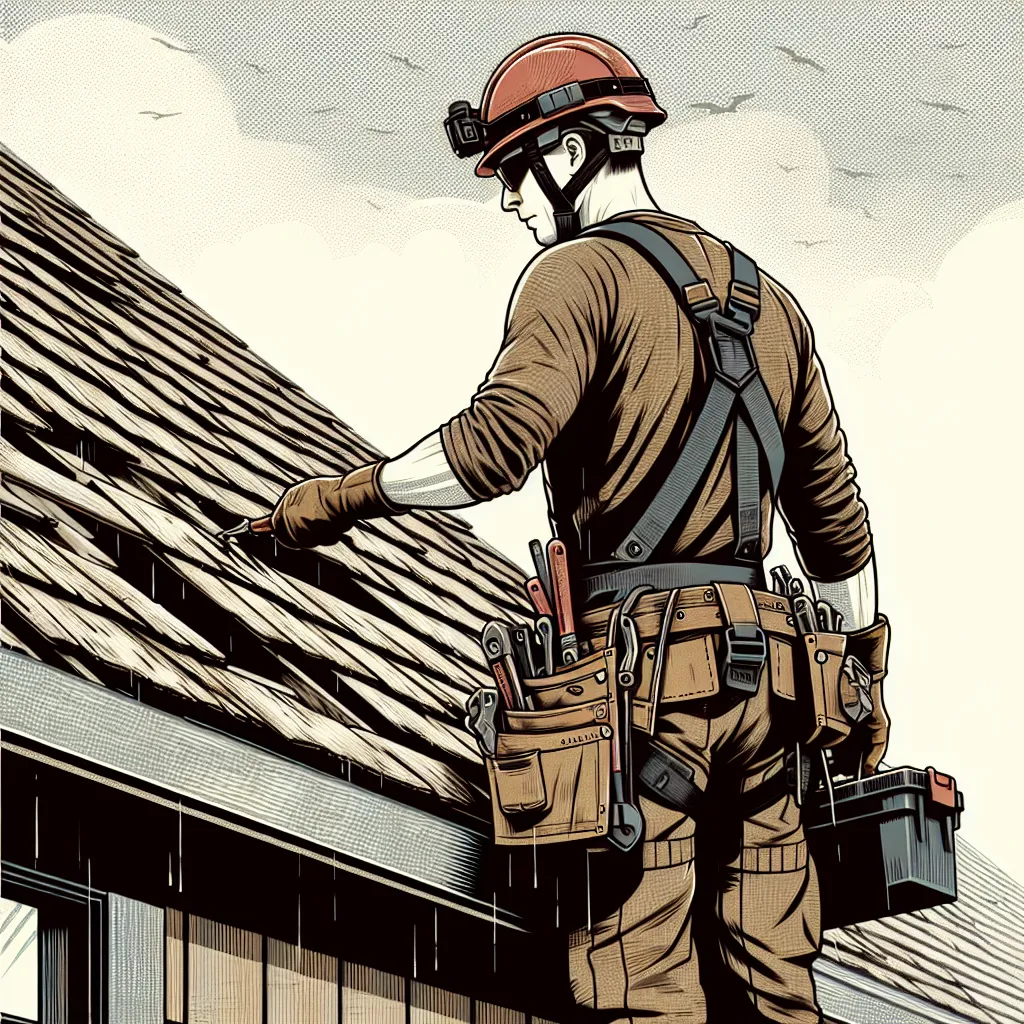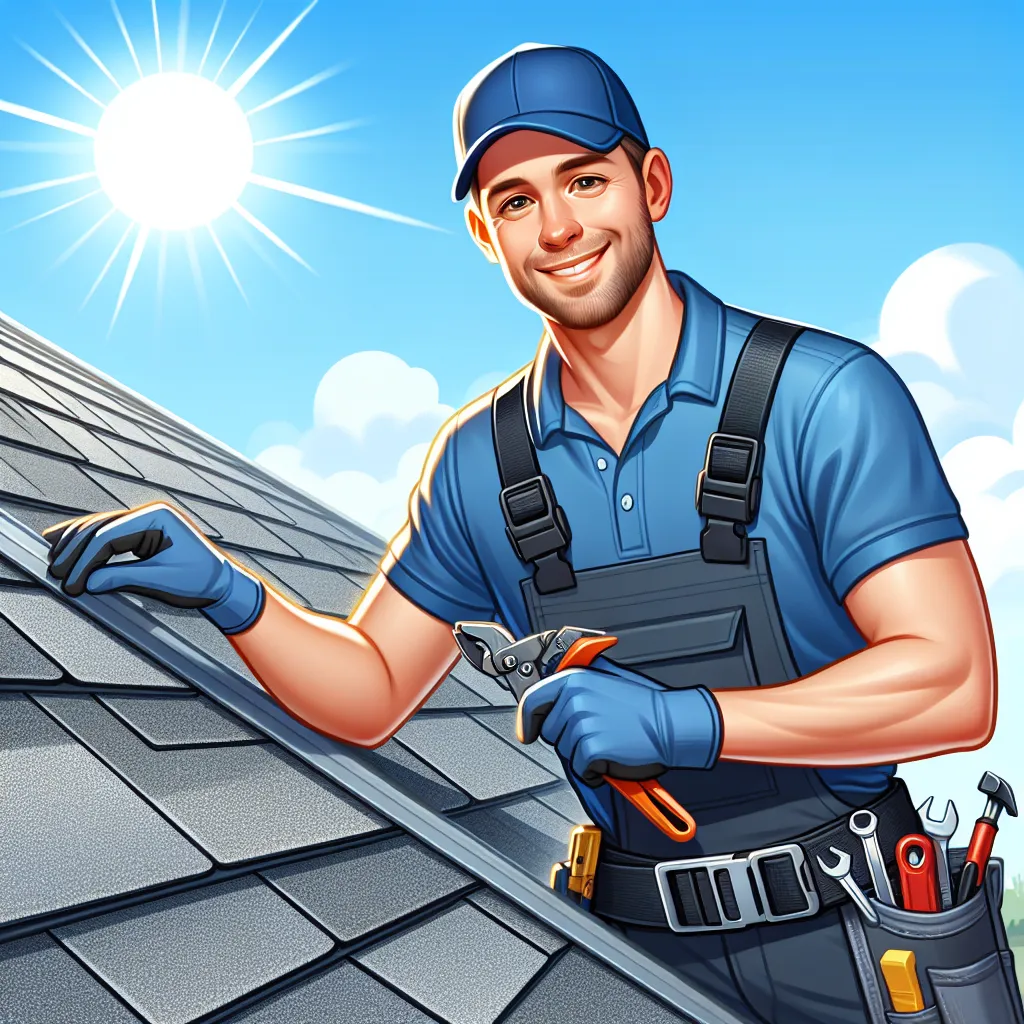Finding the right roofing companies isn’t just about shingles or nails—it’s about trust, safety, and protecting what matters most. Every year, thousands of homeowners and businesses rely on roofing companies to keep their properties safe from leaks, storms, and time itself. Yet, not all roofing companies are created equal; some cut corners, while others go the extra mile. So, what really sets a great roofing company apart, and how do we avoid costly mistakes? Let’s pull back the curtain on the world of roofing companies and see what truly matters.
What Are Roofing Companies and Why Should We Care?
Roofing companies are specialized businesses that install, repair, and maintain roofs for homes and commercial buildings. These companies play a key role in safeguarding our properties from rain, wind, snow, and sun. If the roof fails, the whole building suffers—think mold, ruined walls, and lost valuables. That’s why choosing reliable roofing companies isn’t just another item on the to-do list; it’s an investment in peace of mind.
The Hidden Value of Roofing Companies
- Expertise: Professional crews spot issues we’d miss, like sneaky leaks or weak spots.
- Longevity: A solid installation can last decades, saving money in the long run.
- Safety: Proper methods prevent injuries—both for workers and for anyone under the roof.
- Warranty: Many roofing companies offer warranties, often up to 50 years, which is like an insurance policy for your roof.
- Code Compliance: They make sure everything meets local building codes, so we don’t get hit with fines or red tape.
Key Benefits of Hiring Roofing Companies
Let’s break down what sets top roofing companies apart from the rest:
1. Professional Workmanship
Top companies don’t just slap shingles on and call it a day. They pay attention to every detail, from underlayment to flashing, ensuring long-term durability.
2. Comprehensive Services
The best roofing companies offer more than just installation, including:
- Emergency repairs (even on weekends)
- Full roof replacements
- Specialty installations like metal or solar roofing
- Gutter and ventilation solutions
3. Rapid Response
When storms hit, delays can spell disaster. Great roofing companies respond within hours, not days, minimizing water damage and stress.
4. Transparent Pricing and Warranties
Clear estimates, honest timelines, and warranties that can stretch decades—these are the hallmarks of trustworthy roofing companies.
5. Safety Standards
Let’s not sugarcoat it: roofing is dangerous. Reliable companies enforce strict safety protocols, protecting workers and our property.
Table: What to Expect from Professional Roofing Companies
| Service | What It Means for Us | Typical Timeline | Warranty Offered |
|---|---|---|---|
| Roof Installation | Brand new, weatherproof roof | 1-5 days | Up to 50 years |
| Roof Repairs | Stop leaks, fix damage | Same day – 3 days | 1-10 years |
| Specialty Roofing | Metal, solar, custom designs | 2-7 days | Varies (10+ years) |
| Emergency Services | Rapid response after storms | Within hours | Case by case |
Common Drawbacks of Roofing Companies
Not all that glitters is gold. Here’s where some roofing companies fall short:
1. Safety Violations
Some companies skip proper fall protection or use untrained workers. This isn’t just illegal—it puts lives at risk and can leave us liable if someone’s hurt on our property.
2. Hidden Costs
Ever get an estimate that mushrooms into double the price? Some companies lowball bids, then tack on surprise fees later.
3. Poor Communication
Few things are worse than being ghosted by a contractor halfway through a job. Lack of updates and poor customer service can turn a simple project into a nightmare.
4. Shortcuts
Rushed jobs, cheap materials, and skipped inspections—the wrong company can leave us with a roof that’s all bark and no bite.
When Should We Call Roofing Companies?
Here’s a quick checklist to help us decide when it’s time to reach out:
- Water stains on the ceiling
- Missing or curled shingles
- Visible sagging or mold
- After severe storms
- For regular inspections (at least once every 2 years)
Use Cases: How Roofing Companies Save the Day
1. Storm Damage Repair
After a gnarly thunderstorm, a family in southeast Missouri found water pouring in through their attic. A local roofing company arrived within hours, patched the damage, and helped them file an insurance claim—all before lunch.
2. Upgrading to Metal Roofing
A small business wanted a longer-lasting, energy-efficient roof. They hired a roofing company that specialized in metal installations, reducing their cooling costs by nearly 30% over the summer.
3. Solar Roof Integration
A homeowner passionate about sustainability worked with a roofing company to add solar panels. The crew handled both the roof and the solar install, making the process seamless and boosting the home’s resale value.
How to Choose the Best Roofing Companies
Wading through options can feel like picking a needle from a haystack. Here’s how we can make a smart choice:
1. Verify Credentials
- Is the company licensed, bonded, and insured?
- Do they have local references?
- Any history of safety violations?
2. Ask About Experience
How long have they been in business? Long-standing companies usually have a track record we can trust.
3. Get Written Estimates
A good company provides a clear, detailed quote—no last-minute surprises.
4. Check Warranties
Warranties can last from a few years to half a century. The longer and more comprehensive, the better.
5. Review Communication
Fast response times, clear answers, and transparent updates are all green flags.
Quick Tip Table: Comparing Roofing Companies
| Criteria | Red Flags | Green Flags |
|---|---|---|
| Licensing | Unlicensed, uninsured | Licensed, fully insured |
| Reputation | Bad reviews, lawsuits | Strong local references |
| Pricing | Vague or shifting quotes | Transparent, written bids |
| Safety | No fall protection | Strict safety protocols |
| Warranty | Short or unclear terms | Long, written warranties |
Real-World Examples: Roofing Companies in Action
-
Fast Emergency Help:
After a tornado, a local business was flooded. A roofing company responded the same day, securing the roof and stopping further damage. -
Historic Home Restoration:
A family with a 100-year-old home needed a roof that preserved the original look. The roofing company sourced custom shingles and matched the historic style perfectly. -
Gutter Overhaul Saves Basement:
Repeated water leaks ruined a homeowner’s basement. The roofing company not only fixed the roof but revamped the gutters, keeping the basement dry for good.
Most-Asked Questions About Roofing Companies
How do I know if a roofing company is legit?
Check their license, insurance, and local reviews. Always ask for references and proof of recent work.
What should I expect to pay for a new roof?
Prices swing widely, but most new roofs cost between $5,000 and $15,000. Materials, size, and complexity all impact the price.
How long does roof installation take?
Most jobs wrap up in 1-5 days, depending on weather and roof size. Specialty roofs might take a bit longer.
Are warranties standard with roofing companies?
Many offer warranties from 10 to 50 years. Always get warranty details in writing before signing anything.
What happens if the weather turns bad mid-job?
Good roofing companies plan for weather and communicate delays. They’ll make sure our home is protected if storms roll in.
Can roofing companies help with insurance claims?
Yes, most reputable companies will guide us through the paperwork and even talk to our insurer if needed.
Should I be home during roof repairs or installation?
Not required, but being available for questions is helpful. Just make sure pets and kids stay clear of the work zone—it gets noisy!
Roofing companies bring more than ladders and tar; they bring peace of mind, safety, and a roof that stands the test of time. By knowing what to look for, what to avoid, and what to ask, we can sidestep headaches and keep our homes—and our families—covered.
Roofing Companies
Roofing companies are specialists in installing, repairing, and maintaining roofs to ensure your home or business remains protected. When selecting a roofing company, consider credentials, experience, and warranty offerings.
Why Choose Us?
- Expertise: Over 50 years of combined experience
- Speed: Emergency response within hours
- Coverage: Warranties up to 50 years
- Local: Serving Southeast MO & Southern St. Louis Metro
How We Compare
| Feature | Us | Typical Competitors |
|---|---|---|
| Emergency Response | Hours | Days |
| Warranty | Up to 50 years | 10-15 years |
| Customer Service | Personalized & transparent | Often delayed & unclear |
Don’t settle for less—trust the experts to keep your roof in top shape! Contact us today for a free estimate and experience the difference.
Frequently Asked Questions About Roofing Companies
How do I verify if a roofing company is legitimate?
Check if the company is licensed, insured, and has good local reviews. Request references and proof of recent work to ensure their credibility.
What should I expect to pay for a new roof?
The cost varies depending on materials and size but generally ranges from $5,000 to $15,000. Get detailed, written estimates before starting the project.
How long does a typical roof installation take?
Most roof installations are completed within 1 to 5 days, depending on weather conditions and the complexity of the project.





